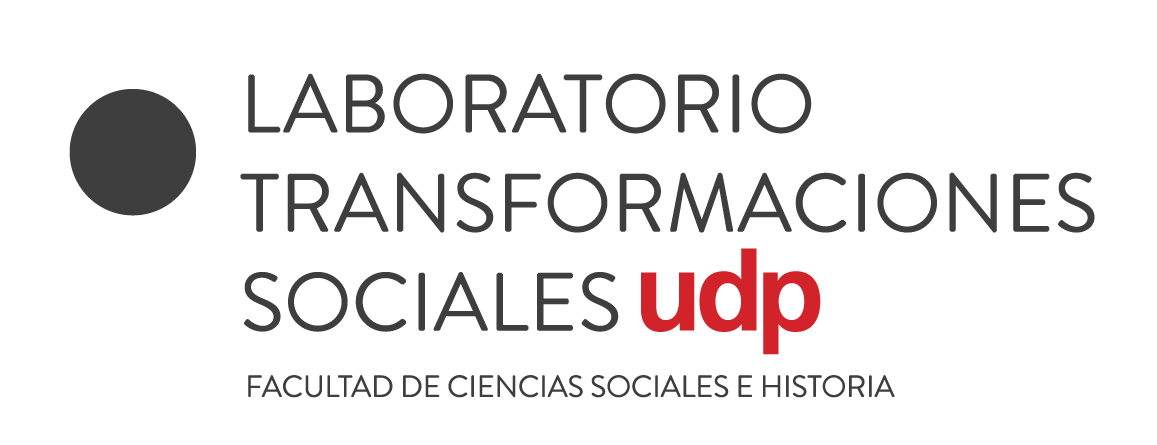Between Sociology and Philosophy: The Question of the Human
DOI:
https://doi.org/10.32995/0719-64232016v2n3-18Keywords:
Philosophy, Humanism, Philosophical sociology, UniversalismAbstract
This short essay explores the relationship between sociology and philosophy on the basis of the question of the human. The text is divided into two sections. The first is a brief reconstruction of the history of the question of the human over the last hundred years. The journey is made in five moments: (1) the emergence of German philosophical anthropology in the 1920s, (2) the debate between Heidegger and Sartre at the end of the Second World War, (3) the anti-humanist critique of the 1960s, (4) the posthumanist turn of the last three decades, and (5) the contemporary rediscovery of the anthropological question in the capabilities approach and critical realism. The second section introduces the program of philosophical sociology on the basis of a universalist principle of humanity that treats all human beings as members of the same species on account of their shared anthropological capacities. Drawing on my recent book Debating Humanity, seven fundamental anthropological properties are introduced that allow us to rethink the normative dimension of social life: self-transcendence, adaptation, responsibility, language, moral evaluations, reflexivity and reproduction of life.
Downloads
Published
How to Cite
Issue
Section
License
Copyright (c) 2016 Daniel Chernilo

This work is licensed under a Creative Commons Attribution-NoDerivatives 4.0 International License.

Este obra está bajo una licencia de Creative Commons Reconocimiento-NoComercial-CompartirIgual 4.0 Internacional.



